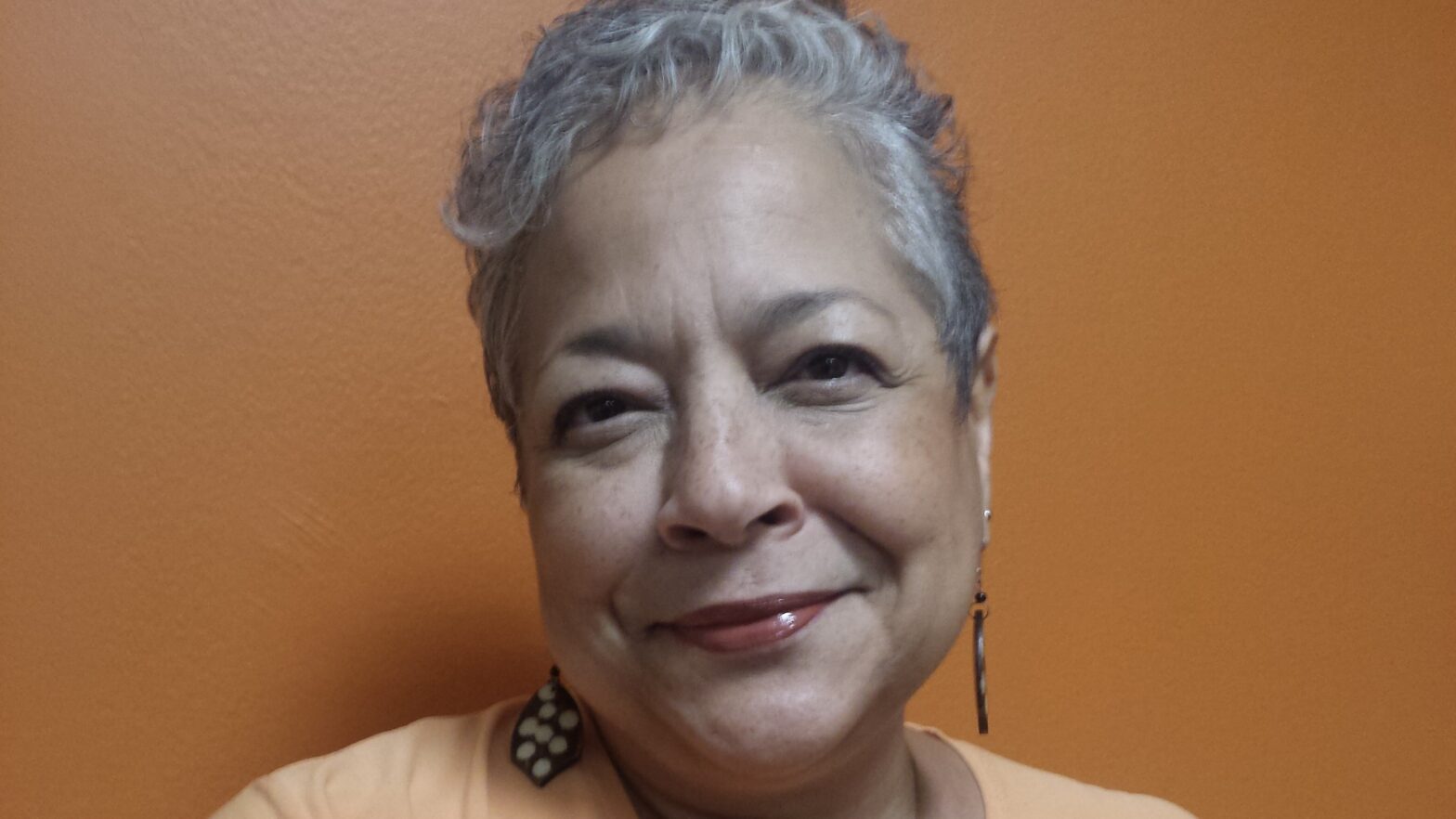Michelle Materre, a New School professor whose accomplishments span over thirty years in media and film, died of cancer at White Plains Hospital on March 11, according to a Facebook post by The Black Documentary Collective.
From 1992 to 2001, Materre and her co-founded film distribution and marketing company, KJM3 Entertainment Group, Inc., have directly managed the release of 23 independent films including Julie Dash’s “Daughters of the Dust,” which was entered into the Library of Congress National Library of Film in 2004. Materre served on the boards of groups such as New York Women in Film and Television, Women Make Movies and the International Youth Leadership Institution.
In addition, Materre curated Creatively Speaking, a film series dedicated to women filmmakers and people of color. Her most noted series were “Tell It Like It Is: Black Independents in New York: 1968-1986” and “One Way or Another: Black Women’s Cinema, 1970-1991,” with the latter being listed in The New Yorker as “The Most Important Repertory Series of 2017.”
“During this period, filmmakers were typically producing totally on their own, without limited support and resources from institutions and grant-making agencies – indeed getting the work produced ‘one way or another,’” Materre wrote in Black Camera: An International Film Journal in 2019. “Yet, this work lives on and remains relevant today, fulfilling the mission of the Creatively Speaking Film Series to capture the often-buried voices, harsh realities, and boundless creativity of historically marginalized and underrepresented filmmakers of color.”
Since 2000, Materre served as associate professor of Media Studies and Film at The New School, later becoming the director of the Media Management Program, the director of Creative Strategies at the Institute for Race, Power, and Political Economy and the director of the Bachelor’s Program for Adults and Transfer Students. She received the “Distinguished University Teaching Award” from The New School in 2005.
Materre’s courses related to her life work of film history and criticism. She taught classes such as Film Distribution & New Media and Race, Ethnicity, Class in Media as recently as this semester.
“Professor Michelle Materre epitomized the meaning of teaching,” Terri Bowles, who co-taught Race, Ethnicity, Class in Media with Materre, said in an email to The New School Free Press. “She taught in ways both grand and intimate; she illuminated and nurtured. She radiated a love of media and cinema, immersing her students, colleagues and friends in the vernaculars of the image, its myriad presentations and its critical importance.”
Both Bowles and Vladan Nikolic, Dean of the School of Media Studies and a 20-year colleague of Materre, noted Materre’s commitment to women and students of color.
“A generous and dear friend, a beloved professor, a cherished colleague, and a passionate champion of important films by and about women and people of color; Michelle was all that and more,” Nikolic said in an email to the Free Press. “She was cheerful, outspoken, direct, and could make everyone instantly feel at ease. Words are limited in their capacity to capture everything that made Michelle so beloved by so many of her students and peers. Her absence will be felt deeply, but her immense impact and legacy will live on and stay with us, as will the memories, for as long as we are here.”
In an email to the New School community this afternoon, Executive Dean of the Schools of Public Engagement Mary Watson reflected on the impact Materre had on those she knew.
“She was known for her generous, ebullient presence, bringing joy to everything she did,” Watson said. “A trusted colleague and friend, she could be relied upon to be there when she was needed, and to know what to do and say.”
Community members can share memories of Materre on a virtual memory board set up by the School of Media Studies. This story will be updated with additional reflections from faculty and students.








Leave a Reply